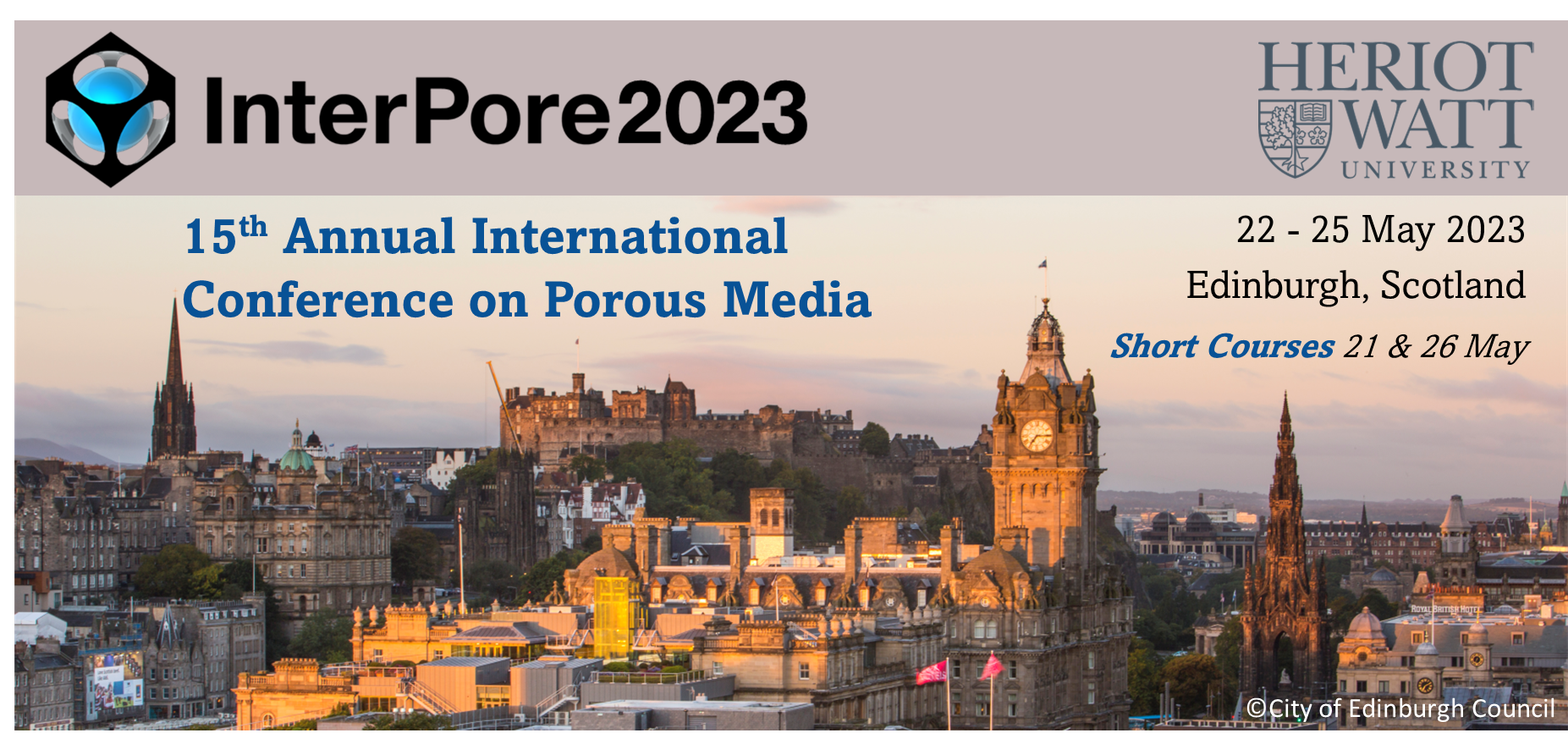Speaker
Description
Depending on the geographical and geological setting, geothermal energy is one of the few renewable energy sources that can supply a constant and reliable source of low-carbon heat and electricity. In the UK, the greatest potential for power generation from geothermal resources is limited to high-heat producing granites in SW England. It has long been known that there is the potential for geothermal energy extraction from Cornish granites. However, until recently, project development has been slow, with the United Downs Deep Geothermal Power (UDDGP) project being the first one to be developed in the UK. The UDDGP will operate on the principal of producing hot fluids (>170°C) from the Porthtowan Fault Zone (PFZ), which is hosted in the Carnmenellis Granite, at ~4.5km depth and re-injecting the fluids using a subsequent well intercepting the same fault zone at ~2.5km depth. Project viability is dependent on how much fluid is stored within the PFZ and surrounding rock mass (porosity), and the ability of fluid to flow through it (permeability).
Granite is considered a low porosity and permeability rock, where fluid flow through it is usually controlled by fractures. The presence of mineral veins, as well as hydrothermal alteration of the surrounding rock mass, is evidence that hot fluids have passed through the PFZ (and other similar fault zones in Cornwall) in the past. Although hydrothermal alteration is common, its importance in granite-hosted geothermal resources has received little attention to date. In this research, we aim to understand how hydrothermal alteration may affect the transport properties of the PFZ, by measuring the petrophysical properties of samples of unaltered and hydrothermally altered Carnmenellis Granite.
Samples were collected from a fault zone at Holman’s test mine (a mine which is situated within the Carnmenellis granite), analogous to that of the PFZ. Porosity was measured using Nuclear Magnetic Resonance (NMR), and permeability was measured using a combination of steady state and unsteady state methods, on both intact and fractured material. All experiments were conducted at room temperature, and permeability experiments were conducted at confining pressures between 4 – 34 MPa.
We found that the porosity of the hydrothermally altered material (10%) is much higher than that of the unaltered material (1%), and that the matrix permeability of the hydrothermally altered material is ~4 orders of magnitude higher than that of the unaltered material. However, the permeability of fractured hydrothermally altered samples is lower than that of fractured unaltered samples. We suggest that the results from the fractured samples is due to the altered material being weaker and more ductile than the unaltered material, and under confinement, asperities deform more, which leads to a reduced aperture and consequently permeability.
Our results demonstrate that the altered material has the potential to store significant amounts of hot fluid in the subsurface, and that there may be an important contribution from the matrix in terms of flow, outwith the fractures. Crucially, our results highlight the importance of fully characterising the reservoir so that accurate resource predictions can be made.
| Participation | In-Person |
|---|---|
| Country | UK |
| Energy Transition Focused Abstracts | This abstract is related to Energy Transition |
| MDPI Energies Student Poster Award | No, do not submit my presenation for the student posters award. |
| Acceptance of the Terms & Conditions | Click here to agree |







